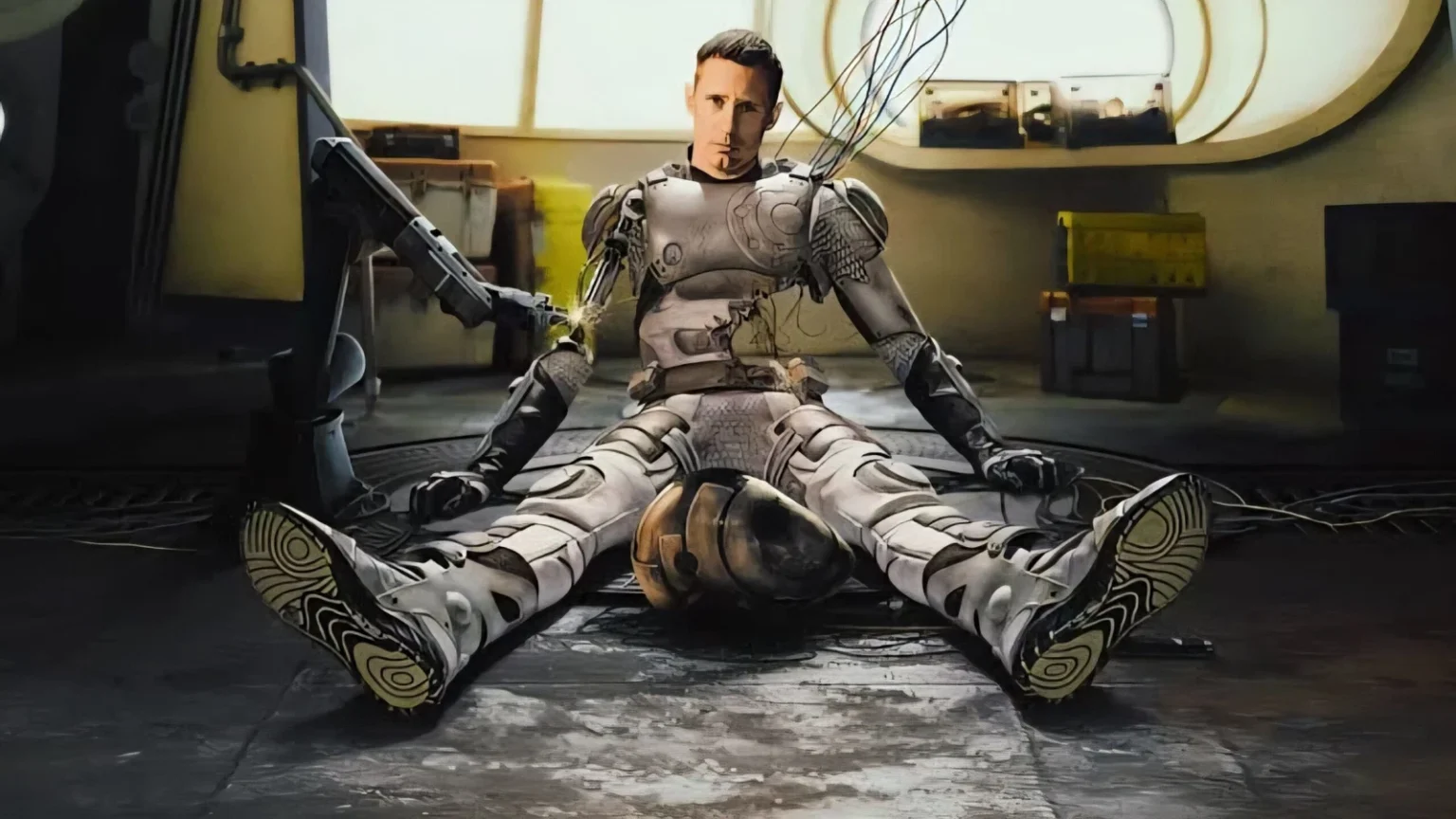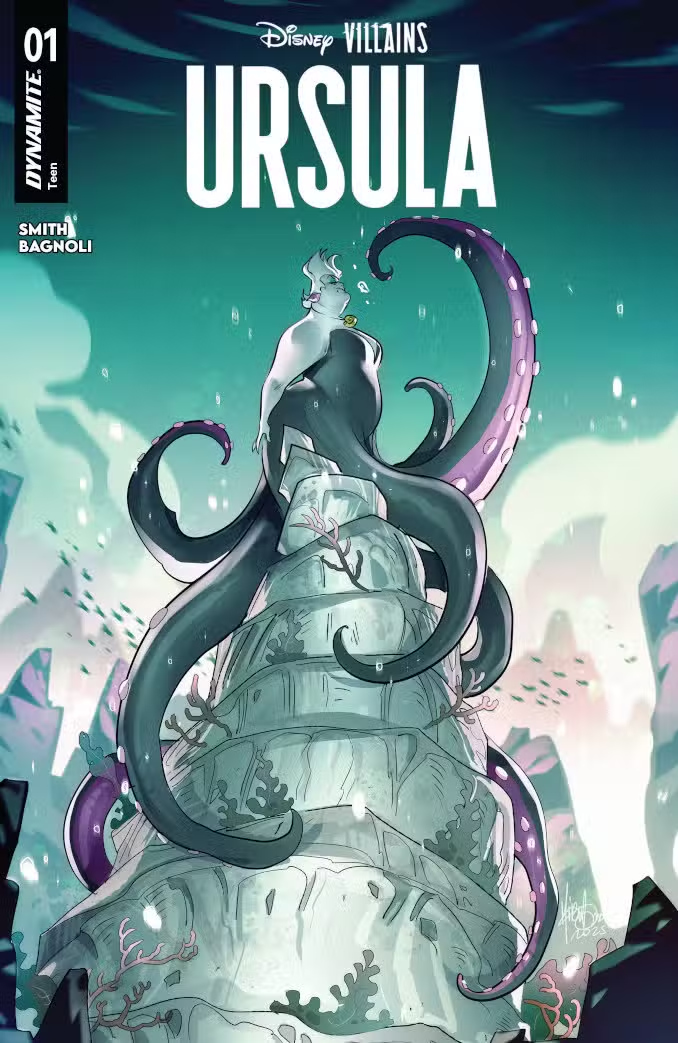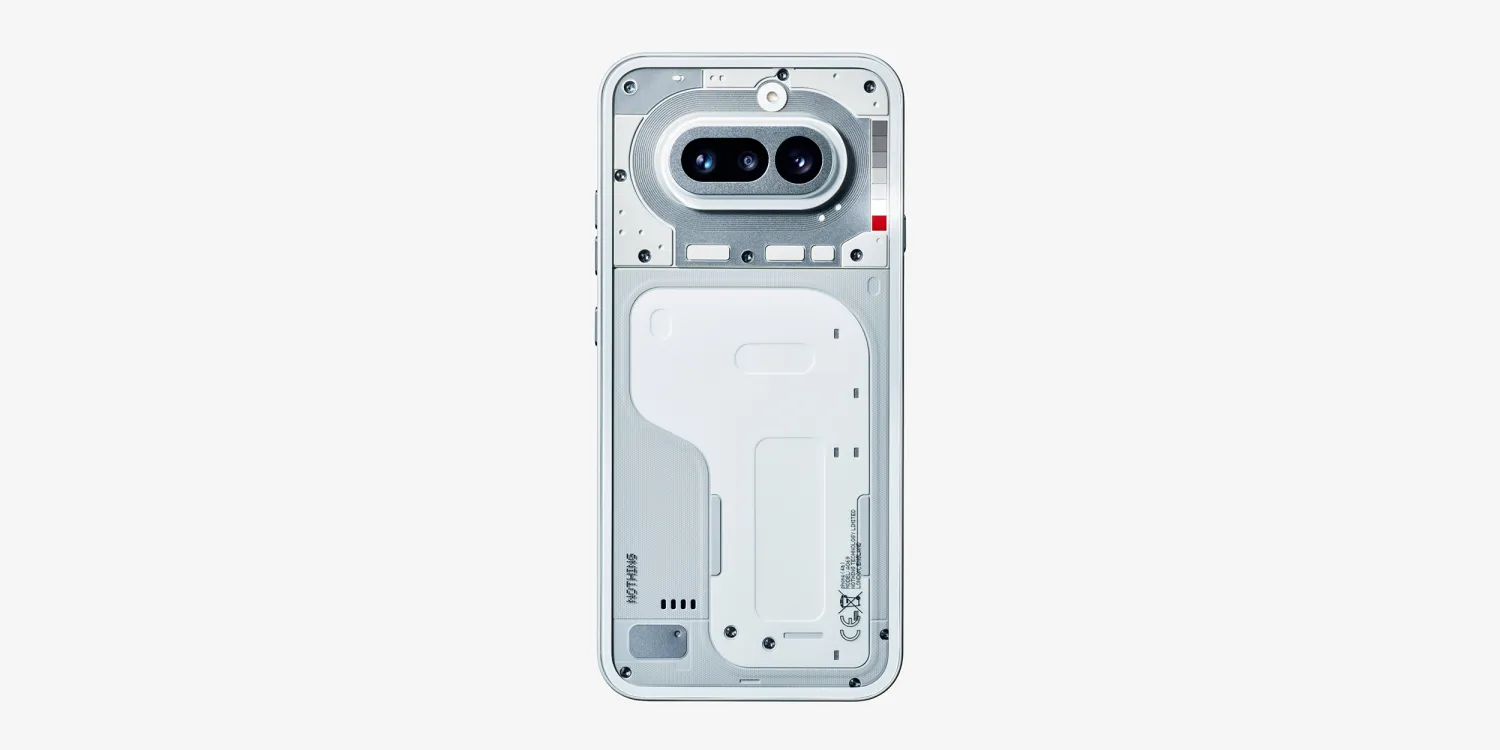TL;DR: Apple TV+ delivers a winning, weirdly heartfelt adaptation of Martha Wells’ beloved Murderbot Diaries. Anchored by Alexander Skarsgård’s perfectly calibrated performance, Murderbot turns misanthropy into art and streaming addiction into an emotional arc. The pacing isn’t perfect, but it’s one of the best sci-fi character studies in recent memory.
Murderbot
Hello, Murderbot. Hello, Existential Crisis.
The first time I met Murderbot on the page, I thought, “This snarky bastard gets me.” This was a character who openly admitted it didn’t want to talk to people, spent all its downtime binging soap operas, and still managed to save everyone’s ass while muttering under its metaphorical breath. It was peak introvert power fantasy: a sentient SecUnit that could crush you with one hand but would rather slink into a corner with its favorite show. So when Apple TV+ announced an adaptation, I had one primary question.
How the hell do you put that on screen?
The charm of The Murderbot Diaries lies in its internality. Murderbot’s voice is 90% sarcasm, 10% repressed emotional breakdown, and that all lives inside its head. Translating that interior monologue to television is like trying to adapt the thoughts of a cat judging you while knocking over your plants. But creators Paul and Chris Weitz (About a Boy) lean into that challenge instead of dodging it—and they mostly stick the landing.
Alexander Skarsgård: Weaponized Awkwardness
Let’s be real: Alexander Skarsgård was an unexpected casting choice. Murderbot, in my head, was wiry, twitchy, maybe even glitchy. Skarsgård is built like a Norse god, not a misanthropic tangle of wires and anxiety. But within five minutes of episode one, he had me. There’s a genius contrast between his imposing physical presence and the deeply insecure, emotionally constipated voiceover that runs alongside it.
Yes, Murderbot leans hard on voiceover, but in this case, it’s absolutely essential. Skarsgård’s deadpan delivery of lines like “I hate humans” or “Please don’t make me talk” had me wheezing. The tension between his minimal facial expressions and the constant chaos inside Murderbot’s mind makes for rich comedy—and occasional heartbreak.
The Plot Is Light. The Feels Are Heavy.
The first season adapts All Systems Red, the original novella that kicked off the series. And here’s where things get a little wobbly. The novella is short, a tightly wound story about a rogue SecUnit on a routine mission that spirals into conspiracy, carnage, and the beginnings of self-awareness. The show stretches that into ten 30-minute episodes, and sometimes it shows.
To fill the time, we get extra backstories, a new character played by Anna Konkle (who’s great), and expanded action sequences. But the best moments aren’t the explosions. They’re the quiet ones: Murderbot awkwardly fielding small talk, trying to understand polyamorous crew dynamics, or getting deeply invested in the fictional TV drama Sanctuary Moon, which the show lovingly renders in all its cheesy glory.
The Ensemble Cast Is a Found Family Dream
Noma Dumezweni’s Dr. Mensah is the moral compass of the show, and her warmth is what begins to thaw Murderbot’s guarded circuits. David Dastmalchian plays the suspicious scientist Gurathin with a snide edge that makes every scene feel like a battle of passive aggression. The rest of the PreservationAux crew (Sabrina Wu, Akshay Khanna, Tattiawna Jones, Tamara Podemski) are effortlessly charming, and their camaraderie sells the central emotional arc: that Murderbot might actually be… catching feelings?
Sanctuary Moon Deserves an Emmy
Yes, we need to talk about Sanctuary Moon. The in-universe TV show that Murderbot is obsessed with gets its own fully filmed scenes, and they are a gift. Imagine Star Trek had a baby with a daytime soap and dressed it in glitter. It’s ridiculous, melodramatic, and completely brilliant. It also lets us see what Murderbot loves, which makes us love Murderbot more.
Final Verdict: Come for the Snark, Stay for the Feels
Murderbot is a character study disguised as sci-fi. It’s about a deeply traumatized being learning what freedom means, what trust feels like, and whether you can ever truly connect when all you want is to be left alone. It’s not flawless—the pacing drags, and some plot points feel like filler—but it nails the heart of the story. It makes you care.
And yes, it made me cry. Over a cyborg who just wanted to watch TV in peace.






